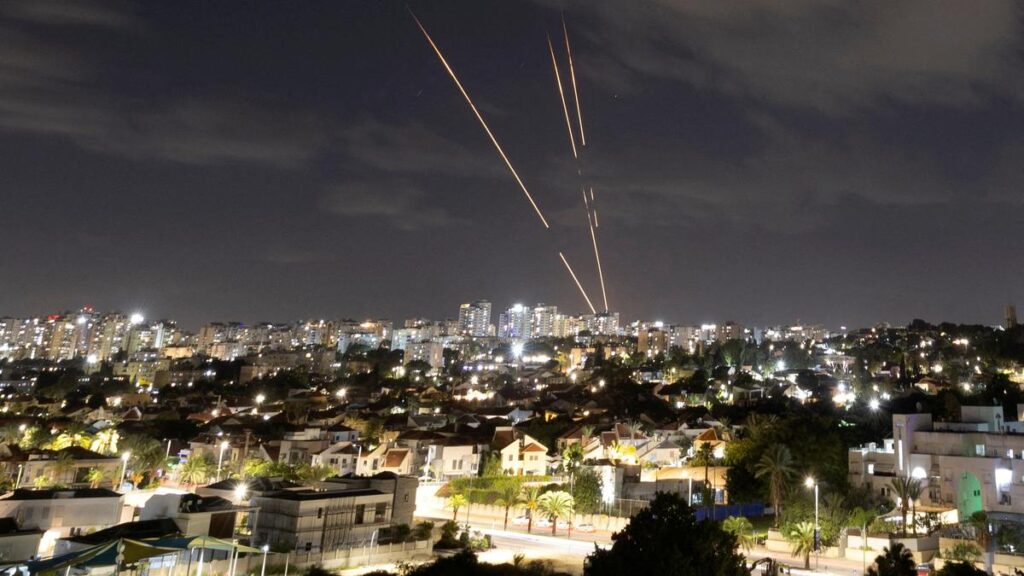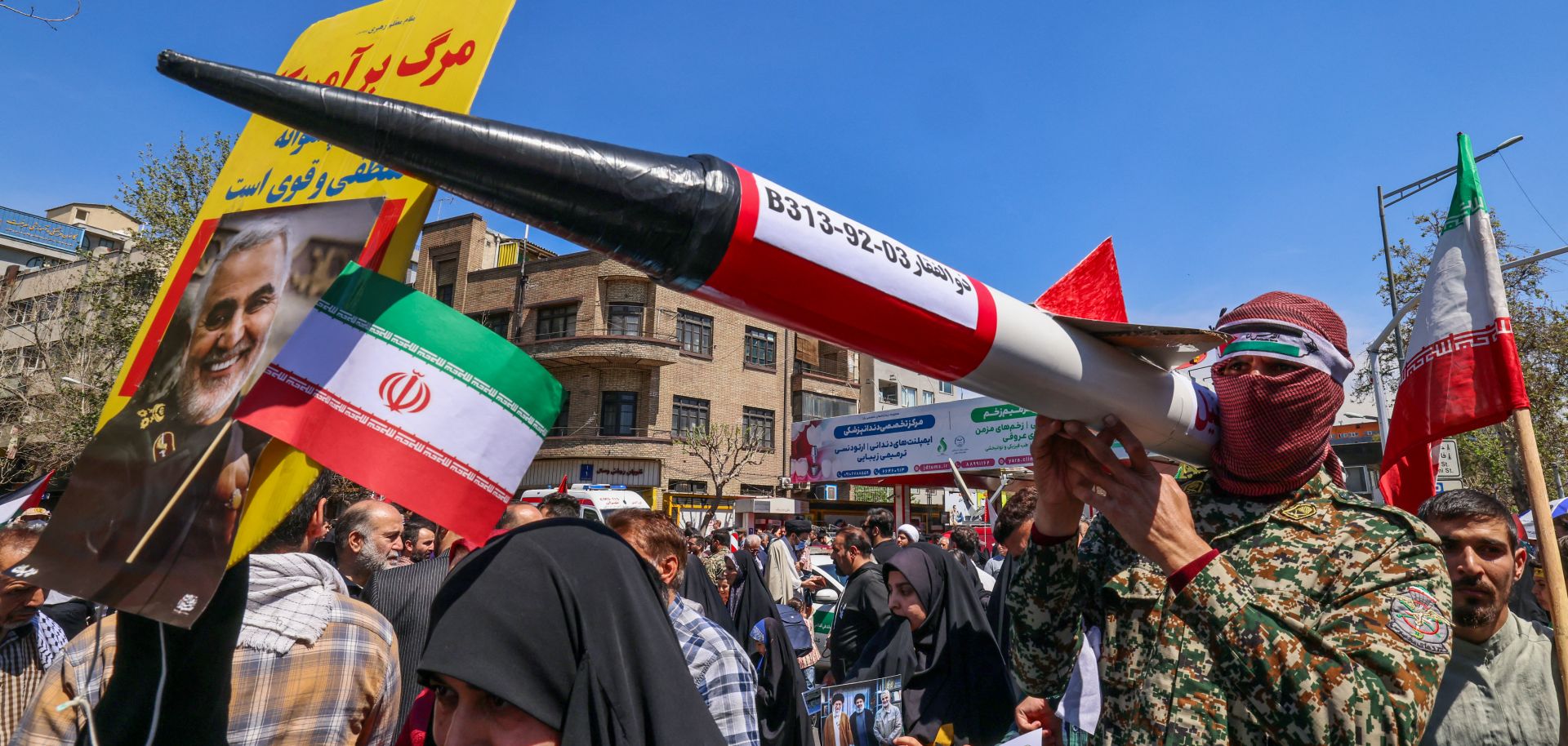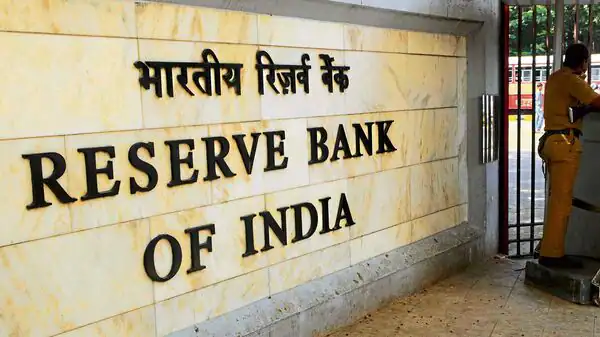Israel and Iran Conflict: The Tensions and Escalations
The long-standing conflict between Israel and Iran has remained one of the most complex and volatile geopolitical rivalries in the Middle East. Rooted in both ideological differences and strategic power plays, this clash has significantly impacted regional and global stability. Understanding the origins, evolution, and current state of the Israel-Iran conflict provides insight into its lasting implications.
The tensions between Israel and Iran date back to the late 1970s when the Iranian Revolution transformed Iran from a pro-Western monarchy under Shah Mohammad Reza Pahlavi to an Islamic Republic under Ayatollah Ruhollah Khomeini. With the revolution came a strong anti-Western sentiment and a foreign policy stance that deemed Israel an adversary. Israel, on the other hand, views Iran as a direct threat to its existence, especially given the rhetoric from some Iranian leaders who have openly opposed Israel’s statehood.

Key Issues Driving the Tensions
The conflict between Israel and Iran is driven by several key issues that contribute to the animosity on both sides. These include ideological differences, territorial ambitions, influence over neighbouring states, and nuclear ambitions.
Ideological Divide: Iran’s revolutionary government positions itself as a defender of the Muslim world, particularly the Palestinian cause. Conversely, Israel remains an ally of the United States and other Western powers, further fuelling the rift with Iran. The ideological differences between Iran’s Islamic Republic and Israel’s democratic framework create a zero-sum dynamic in which each country’s vision for the Middle East clashes with the other.
Nuclear Ambitions: Iran’s nuclear program is one of the most contentious aspects of this conflict. While Iran insists its nuclear program is for peaceful purposes, Israel and its allies fear that Tehran is pursuing nuclear weapons. This concern has led to extensive sanctions on Iran, as well as periodic sabotage of Iranian nuclear facilities, often attributed to Israel’s intelligence agency, Mossad. The prospect of a nuclear-armed Iran presents an existential threat to Israel, which has pledged to prevent Iran from achieving nuclear weapons capability.
Proxy Warfare: Iran supports various militant groups and political factions across the Middle East, including Hezbollah in Lebanon, Hamas in the Palestinian territories, and the Houthis in Yemen. These groups often engage in direct confrontations with Israeli forces or pose threats to Israeli borders. For Israel, Iran’s backing of such groups is seen as an attempt to destabilize the region and undermine Israeli security.
Recent Escalations
In recent years, the Israel-Iran conflict has seen significant escalation, primarily in Syria. As Iran extended its influence in Syria to support President Bashar al-Assad, Israel launched numerous airstrikes targeting Iranian military installations and arms shipments in Syria. Israeli officials argue that these actions are necessary to prevent Iran from establishing a permanent military foothold near Israeli territory.
Furthermore, cyber warfare has emerged as a new front in the conflict. Both countries have reportedly conducted cyberattacks on each other’s critical infrastructure. For instance, Israel was allegedly behind a 2020 cyberattack on an Iranian port, while Iran has been accused of targeting Israeli water facilities and civilian infrastructure.
Prospects for Resolution
Despite periodic diplomatic efforts, a resolution to the Israel-Iran conflict remains elusive. The Biden administration has attempted to revive negotiations over Iran’s nuclear program, with the hope of restoring the Joint Comprehensive Plan of Action (JCPOA), also known as the Iran nuclear deal. However, the trust deficit, ideological rift, and geopolitical stakes make a permanent resolution challenging.
The Israel-Iran conflict is more than a bilateral rivalry; it is a significant driver of instability in the Middle East, affecting both regional alliances and global security dynamics. Both nations remain steadfast in their positions, and with shifting alliances and the potential for new escalations, the world will continue watching this high-stakes rivalry unfold.
Source: https://www.thehindu.com/opinion/editorial/%E2%80%8Bescalation-ladder-the-hindu-editorial-on-conflict-between-israel-and-iran/article68806941.ece
https://timesofindia.indiatimes.com/world/middle-east/middle-east-tensions-soar-as-israel-iran-conflict-escalates-10-points-to-know/articleshow/113931283.cms





